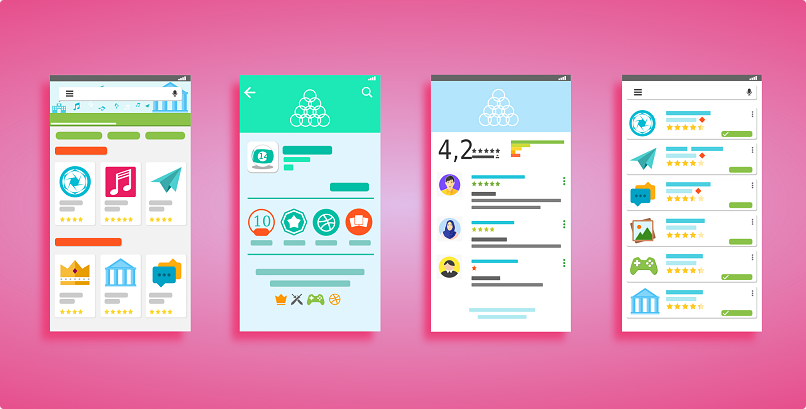Google Play’s App Privacy Labels Are “Misleading” — Mozilla

A study by Mozilla Foundation has reportedly revealed "significant discrepancies" in data safety labels on the Google Play Store. Almost 80% of the 40 apps tested, including Twitter, TikTok, and Facebook, offer inaccurate and misleading details about how user data is shared.
The report criticizes Google’s Data Safety Form, which was introduced in 2021 in hopes of bringing more transparency to user data and privacy. App developers are required to disclose their app’s privacy and security practices in this form, which will then be shown as a data safety label on their app’s store listing in the Play Store.
In their review of the 20 top paid and 20 top free apps from the Play Store, Mozilla assigned ratings based on how closely the app’s privacy policy aligned with its data safety label.
Only 6 of the 40 apps received an “OK” rating, which means the app’s privacy policy closely matched its data safety label. Every other app was rated as either “Needs Improvement” or “Poor”, showcasing various degrees of discrepancies between apps’ privacy policies and data safety labels.
Mozilla asserts that these discrepancies stem from “significant loopholes, like failing to require the apps to report data sharing”. Another issue raised is that Google seems to absolve itself from verifying information provided by app developers, mentioning in documentation that developers alone are responsible for making complete and accurate declarations.
One popular app, League of Stickman, had failed to even fill out a Data Safety Form — despite Google stating in documentation that it was a necessary requirement to do so.
Mozilla also highlighted how TikTok’s data safety label states, “No data shared with third parties”, while the social media app’s privacy policy clearly says otherwise. The app shares data with Facebook, Google, and several other service providers and even shares data with creators and advertisers, which leaves its data safety label to be completely false.
Techcrunch reached out to Google regarding Mozilla’s findings, and a spokesperson stated “This report conflates company-wide privacy policies that are meant to cover a variety of products and services with individual data safety labels, which inform users about the data that a specific app collects. The arbitrary grades Mozilla Foundation assigned to apps are not a helpful measure of the safety or accuracy of labels given the flawed methodology and lack of substantiating information.”



Please, comment on how to improve this article. Your feedback matters!